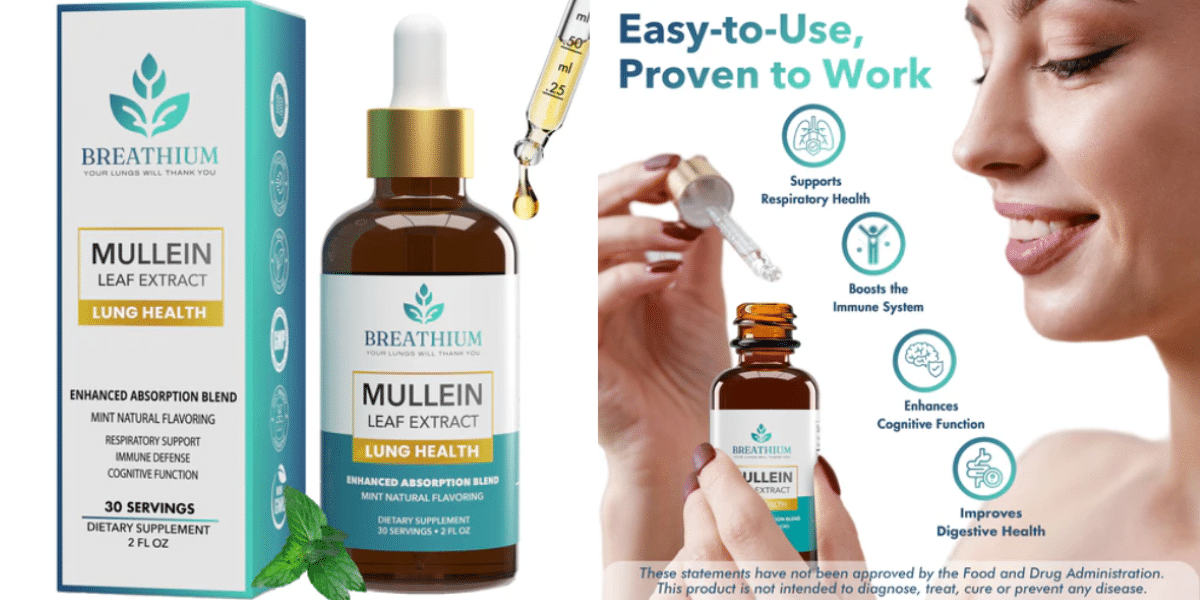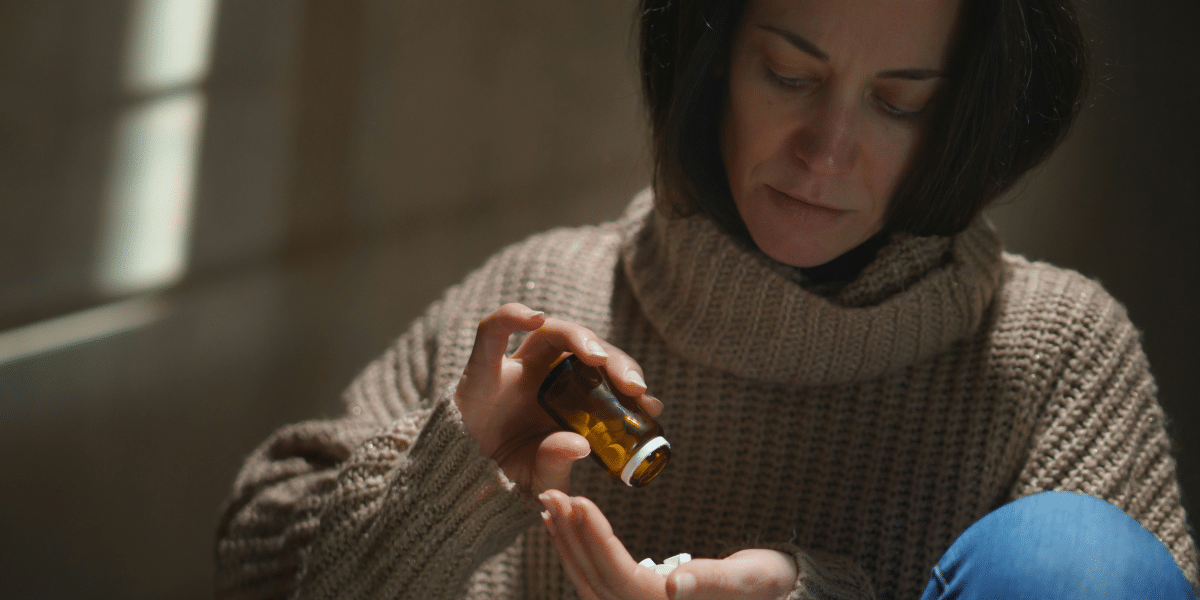Addiction stories in popular media often focus on oversimplified portrayals of rehabilitation and success, yet the reality for women navigating addiction is layered and complex. Women face distinct challenges in their journey with addiction, shaped by unique social pressures, mental health needs, and biological factors. Recovery for women isn’t a one-size-fits-all process. Let’s explore the different ways addiction manifests in women’s lives and the varied pathways that can support them in recovery.
Understanding Women’s Experiences with Addiction
Addiction often results from a combination of biological, psychological, and environmental influences, but these factors can manifest differently for women. Research suggests that women’s bodies may react to substances in unique ways, sometimes developing dependency more quickly than men. Additionally, social factors can drive women toward substance use as a means of coping with trauma, anxiety, or stress.
Moreover, societal expectations can lead to misunderstandings about addiction’s effects on women. For instance, there’s a misconception that women are less likely to experience substance dependency, yet addiction among women is often intensified by pressures related to their roles as caretakers, partners, and professionals. Dispelling these myths is essential to building effective support networks that address the specific needs women face in recovery.
The Impact of Pregnancy and Motherhood on Addiction
Addiction can intersect with pregnancy and motherhood in complex ways, presenting additional challenges. For women who are pregnant or mothers, substance dependence may lead to heightened stigma, often creating an obstacle to seeking help. Finding support during this time can be critical to both maternal and child health, making rehab for pregnant women particularly valuable.
For women who are pregnant and managing addiction, treatment can involve careful consideration of both their physical health and that of the developing baby. Rehabilitation programs that include prenatal care and emotional support are beneficial, addressing the unique needs of mothers in recovery. Without this targeted support, many women face difficulties in navigating recovery alone, which can impact their health and their child’s future.
Embracing Holistic Recovery Approaches
Recovery goes beyond physical sobriety; for many women, holistic addiction care is essential. Therapy, mindfulness practices, nutritional support, and physical activities such as yoga are just a few elements that can help women reconnect with themselves. Holistic care provides a comprehensive path to recovery, helping women address both mental and physical health.
Holistic addiction care addresses not only substance dependency but also the underlying mental health issues like anxiety, trauma, and depression. By integrating various therapies and self-care practices, women are better equipped to achieve long-term wellness rather than focusing solely on sobriety. Through activities like group therapy, counseling, and creative expression, women are encouraged to rediscover parts of themselves that addiction may have overshadowed. This holistic approach emphasizes that recovery is about growth and empowerment rather than “fixing” oneself.
Community and Connection: Essential Elements in Recovery
While addiction can be a deeply isolating experience, recovery often requires strong community connections. Many women find healing in supportive environments where they feel understood and encouraged by others facing similar struggles. Women-only support groups have become increasingly valued for their ability to provide a judgment-free space, allowing women to speak openly and address the unique challenges they face without societal stigma.
Beyond support groups, establishing healthy connections with family, friends, and colleagues can be instrumental. A reliable support network outside of recovery programs can provide accountability, encouragement, and empathy, helping women realize that they are not defined by addiction. Having this support empowers women to reclaim their lives and reminds them that they are not alone in their journey.
Reinventing Life through Aftercare Programs
Breaking the cycle of addiction does not simply end once sobriety is achieved. Transitioning back into everyday life can be one of the most challenging parts of recovery. Aftercare programs are essential, offering consistent guidance through mentorship, counseling, and community engagement. These programs help women navigate daily routines, re-establish purpose, and build a renewed sense of identity that supports a life free from substance dependency.
Aftercare encourages women to engage in activities that align with their values, interests, and goals. This might involve finding new hobbies, developing career skills, or simply exploring new interests that resonate with their aspirations. Reinventing one’s life is about creating a lifestyle that reflects who they want to become and moving forward with self-empowerment and self-acceptance.
Focusing on Progress, Not Perfection
The path to overcoming addiction is a journey filled with ups and downs, especially for women who may face added societal expectations and unique personal challenges. While recovery can be difficult, each small step is meaningful progress toward a life free from dependency. The goal isn’t to attain a perfect version of oneself but to build a supportive community, find empowerment in every step forward, and embrace a life that allows growth and self-discovery.
Published by: Annie P.






